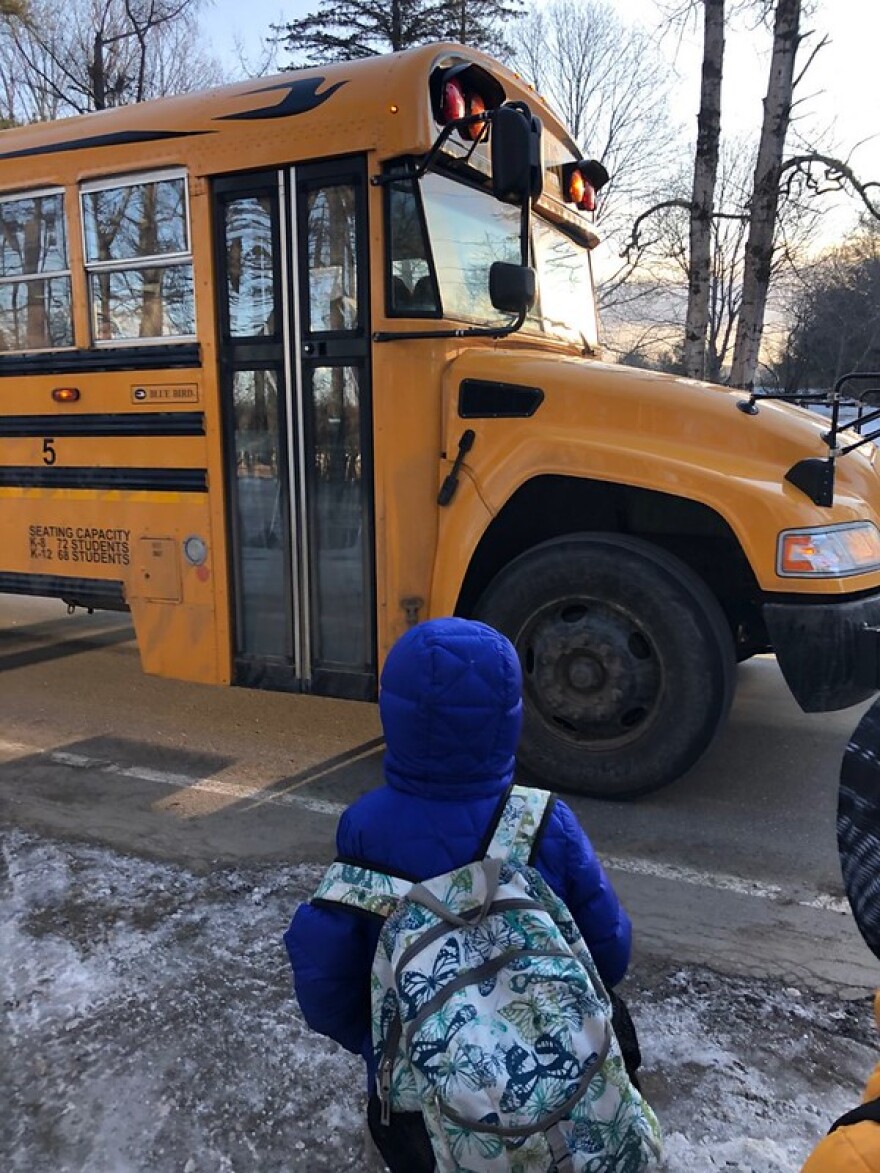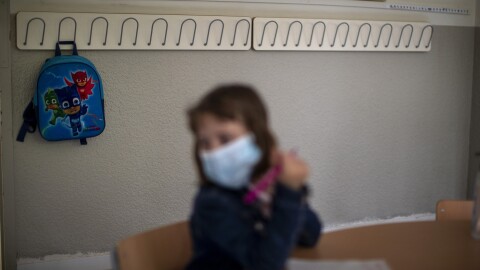Maine Lawmakers Thursday questioned staff from the Department of Education about their initial framework for reopening schools in the fall — including how districts should plan for increased costs while potentially facing budget cuts.
The Department briefed the legislature's Education Committee on the reopening plan, which recommends reconfiguring school buildings, requiring staff to wear masks and installing Plexiglass shields in certain areas.
Education Commissioner Pender Makin told lawmakers that while the state may be facing revenue shortages because of the pandemic, her Department's priority is to maintain adequate state aid to schools.
“This is a time to invest in education, and not to defund it,” Makin said. “We are going to need more and not less, in order to make everybody safe and to move forward with learning.”
She also told members of the Committee that the unpredictability of the novel coronavirus means districts will have to be flexible and prepare for a number of scenarios.
“We have a piece of this equation over which we are not in control,” Makin said. “That is the trajectory of this virus. We can control, to some extent, our capacity to manage it, and keep it at bay, and to mitigate the negative impacts. But we can't control what happens with the virus.”
Last week, Makin told Maine Public that the cost to implement all new Center for Disease Control guidelines for schools statewide could exceed $300 million, and that the Department is seeking funds from the federal CARES act to help cover that.
At the briefing, education officials also outlined how schools in the state have transitioned to "remote learning" and what the new model has meant for students with disabilities.
Democratic Rep. Victoria Kornfield of Bangor praised the Department for helping schools move curriculum online, but said that remote learning has not worked for some students.
“We also know that remote learning does not equal face-to-face learning, particularly for special ed. students and the very young,” Kornfield said. “I have a grandson at home who is a special ed. student, so I am seeing it firsthand. It does not work remotely. He's just not motivated by a screen.”
Department officials acknowledge that while some students with disabilities have been "thriving" in the remote learning model, others have been lagging, and that the state is looking at strategies for the fall.
Makin testified that the state is also making new investments in online education in the fall, including a large online platform of lessons created by Maine teachers.




